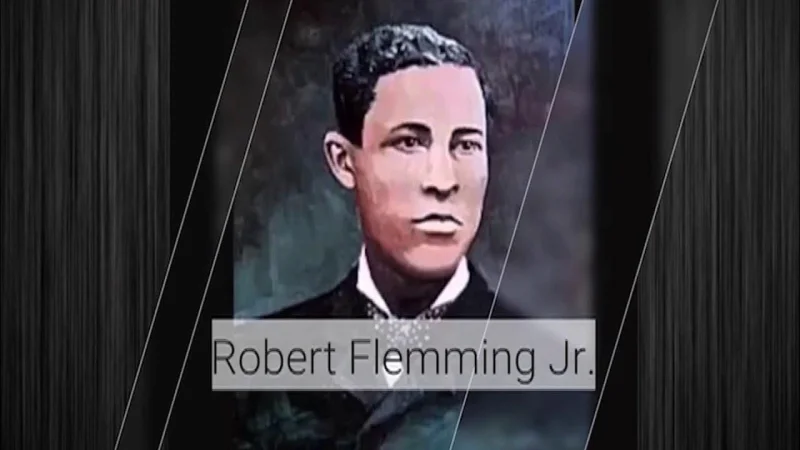Short Summary
Robert Bosch was a pioneering German industrialist, engineer, and inventor known for founding Robert Bosch GmbH, a multinational engineering and technology company. Born in 1861, he was a key figure in the development of automotive technology and industry standards. Bosch's commitment to quality and innovation has left a lasting impact, making him an iconic figure in the world of engineering and business. His work laid the foundation for modern automotive components and set new standards for corporate responsibility and employee welfare.
Early Life & Education
Robert Bosch was born on September 23, 1861, in Albeck, a village in southern Germany. He was the eleventh of twelve children in a relatively well-off farming family. His early education took place in his hometown, and he later pursued further studies in Ulm. Bosch showed an early interest in mechanics and engineering, which led him to an apprenticeship as a precision mechanic. His formative years were characterized by a strong work ethic and a keen curiosity about technology, which ultimately influenced his future endeavors in engineering and entrepreneurship.
Career Highlights
In 1886, Bosch founded the "Workshop for Precision Mechanics and Electrical Engineering" in Stuttgart, marking the beginning of what would become a global enterprise. His company quickly gained a reputation for quality and innovation, particularly in the automotive sector. Bosch introduced the first low-voltage magneto for gas engines, a groundbreaking development in automotive ignition systems. Under his leadership, the company expanded internationally and diversified its product range. Bosch's dedication to research and development set a precedent for future industrial practices and played a critical role in advancing automotive technology.
Major Achievements
- Founded Robert Bosch GmbH in 1886, which grew into a leading global engineering and technology company.
- Invented the first low-voltage magneto ignition system, revolutionizing automotive engine efficiency and reliability.
- Implemented progressive employee welfare programs, including the eight-hour workday, setting new standards for corporate responsibility.
- Expanded the company internationally, establishing a presence in major markets across Europe and the United States.
Famous Quotes
- "I have always acted according to the principle: rather lose money than trust."
- "It's better to lose money than to lose trust."
Interesting Facts
- Robert Bosch was a strong advocate for social reform and was involved in various philanthropic activities.
- During World War I, he supported the peace movement and opposed Germany's militarization.
- He was known for his commitment to quality, famously saying he would "rather lose money than trust."
- The Bosch Group still upholds his principles, focusing on innovation and corporate responsibility.
Legacy / Influence
Robert Bosch's legacy is evident in the continued success and influence of the Bosch Group, which is synonymous with quality and innovation in engineering and technology. His pioneering work in automotive engineering set industry standards that continue to influence modern vehicle design. Bosch's commitment to employee welfare and corporate responsibility set a benchmark for ethical business practices, influencing how companies operate worldwide.
FAQ
Q: Why is Robert Bosch famous?
A: He is famous for founding Robert Bosch GmbH and revolutionizing automotive technology with his innovations.
Q: What did Robert Bosch invent?
A: He invented the first low-voltage magneto ignition system for gas engines.
Q: What was Bosch's approach to business ethics?
A: Bosch believed in prioritizing trust and quality over profits, setting high standards for corporate responsibility.












